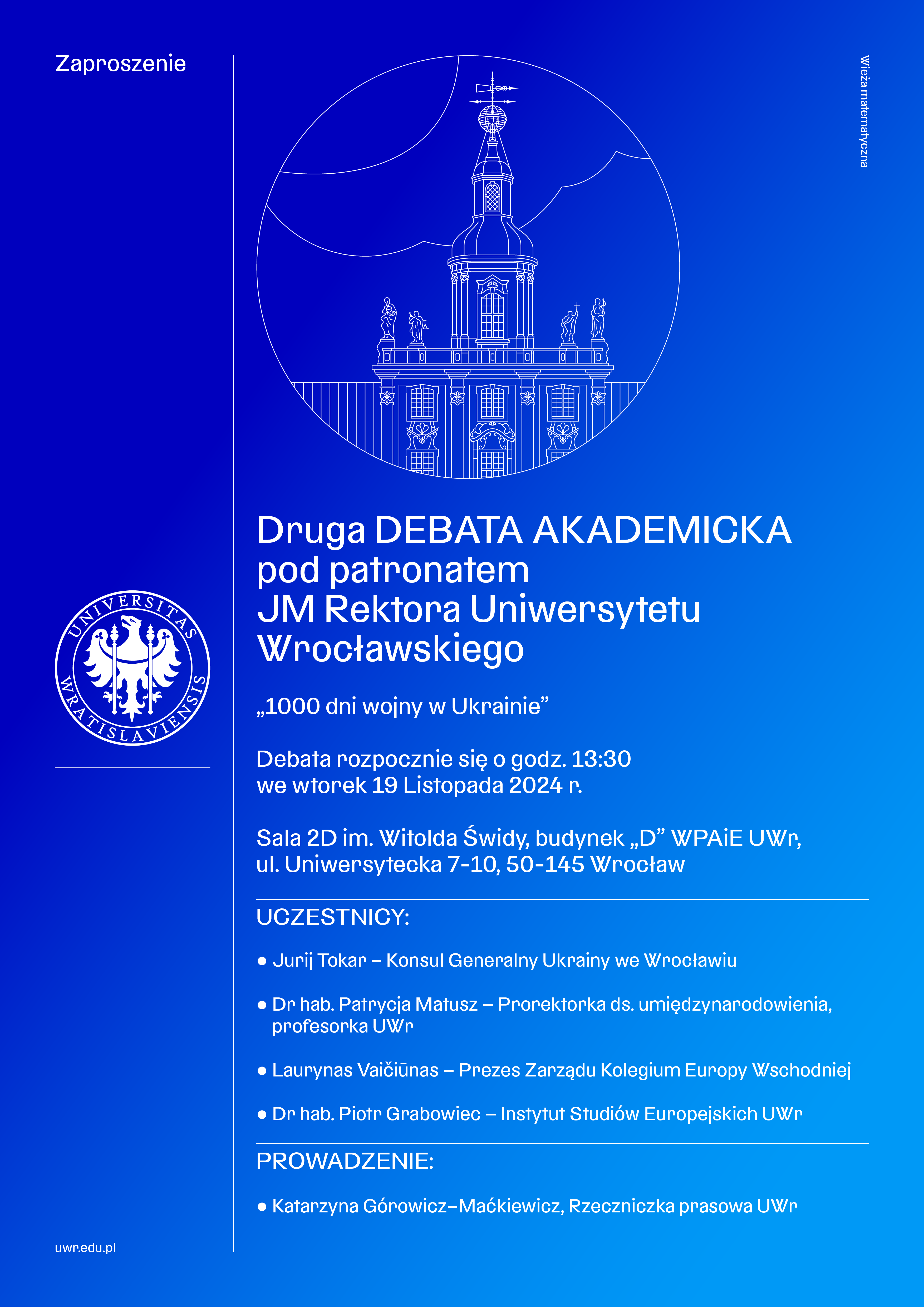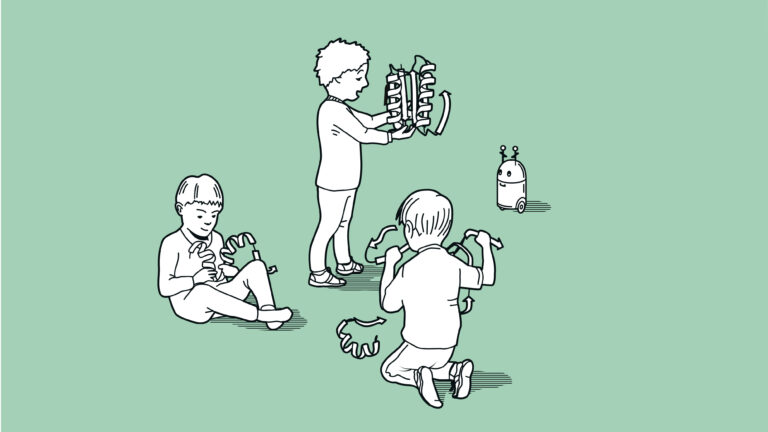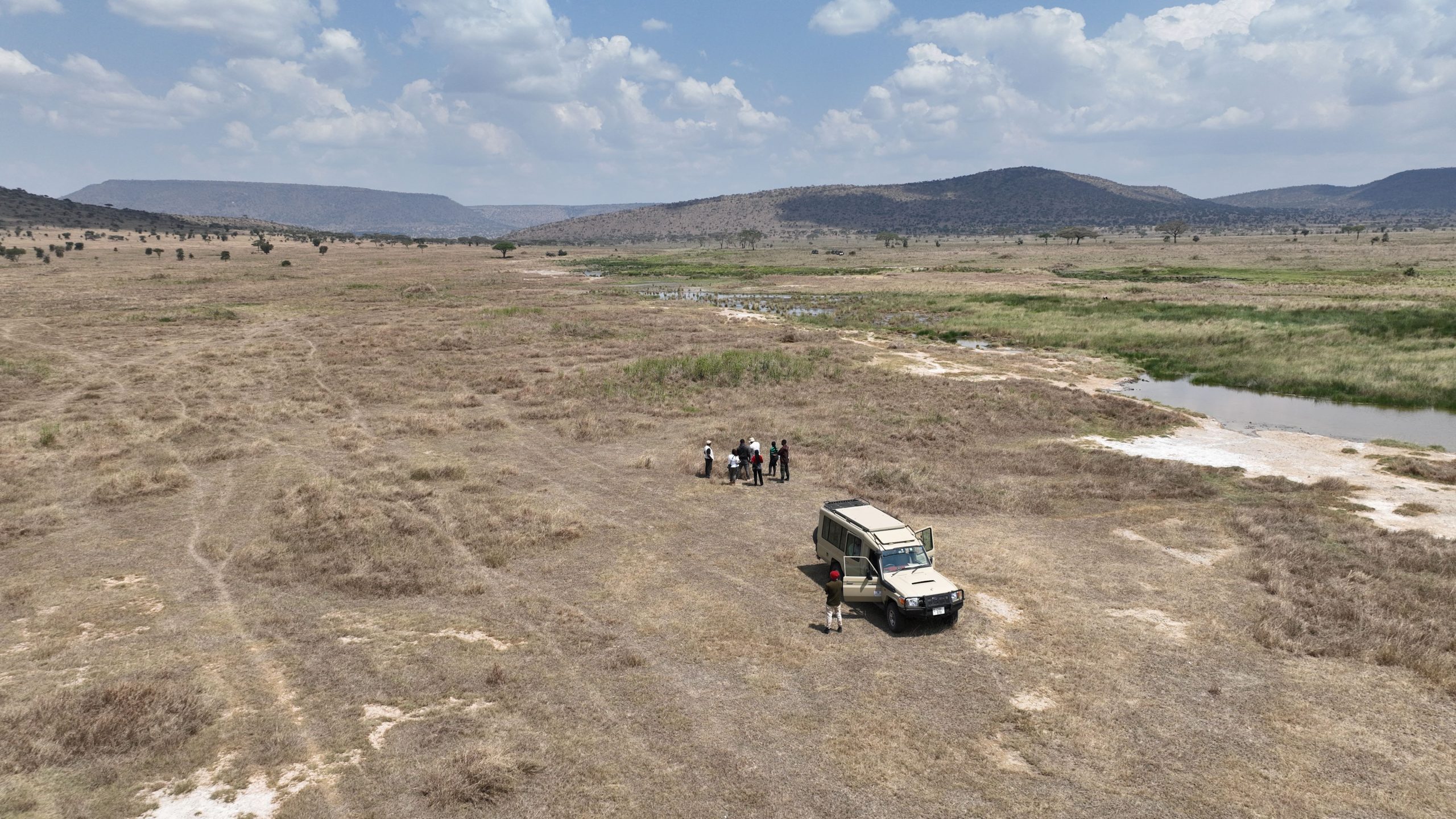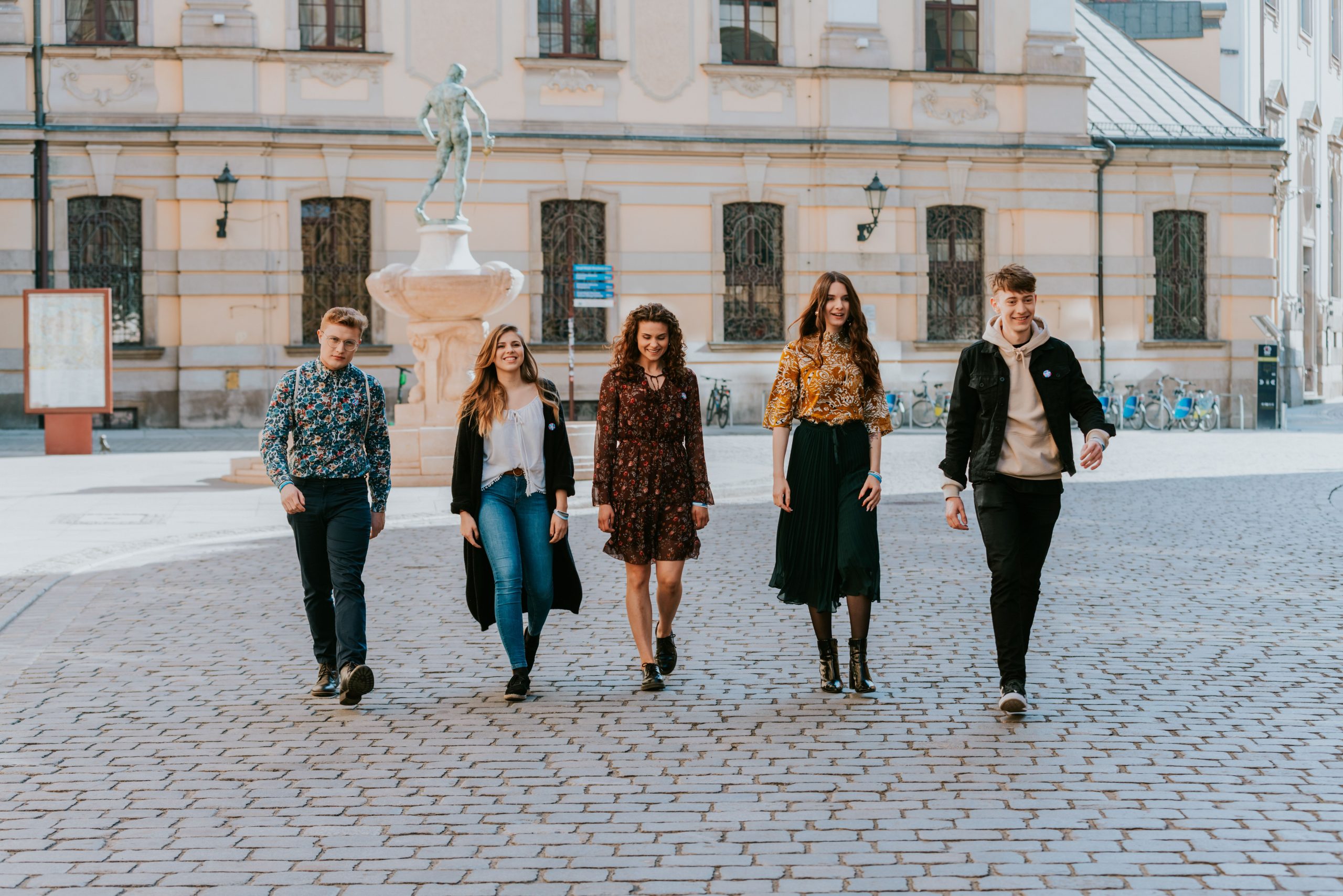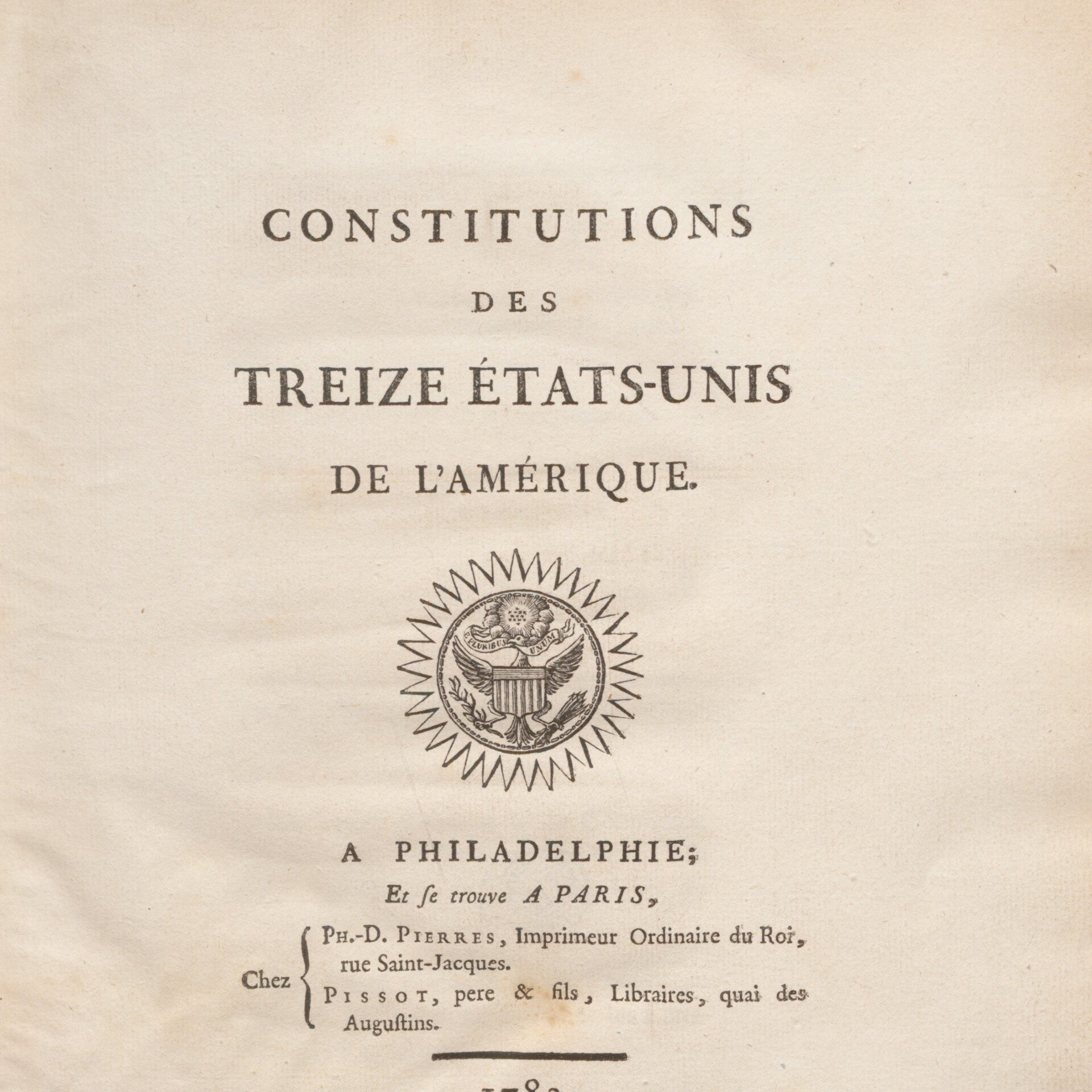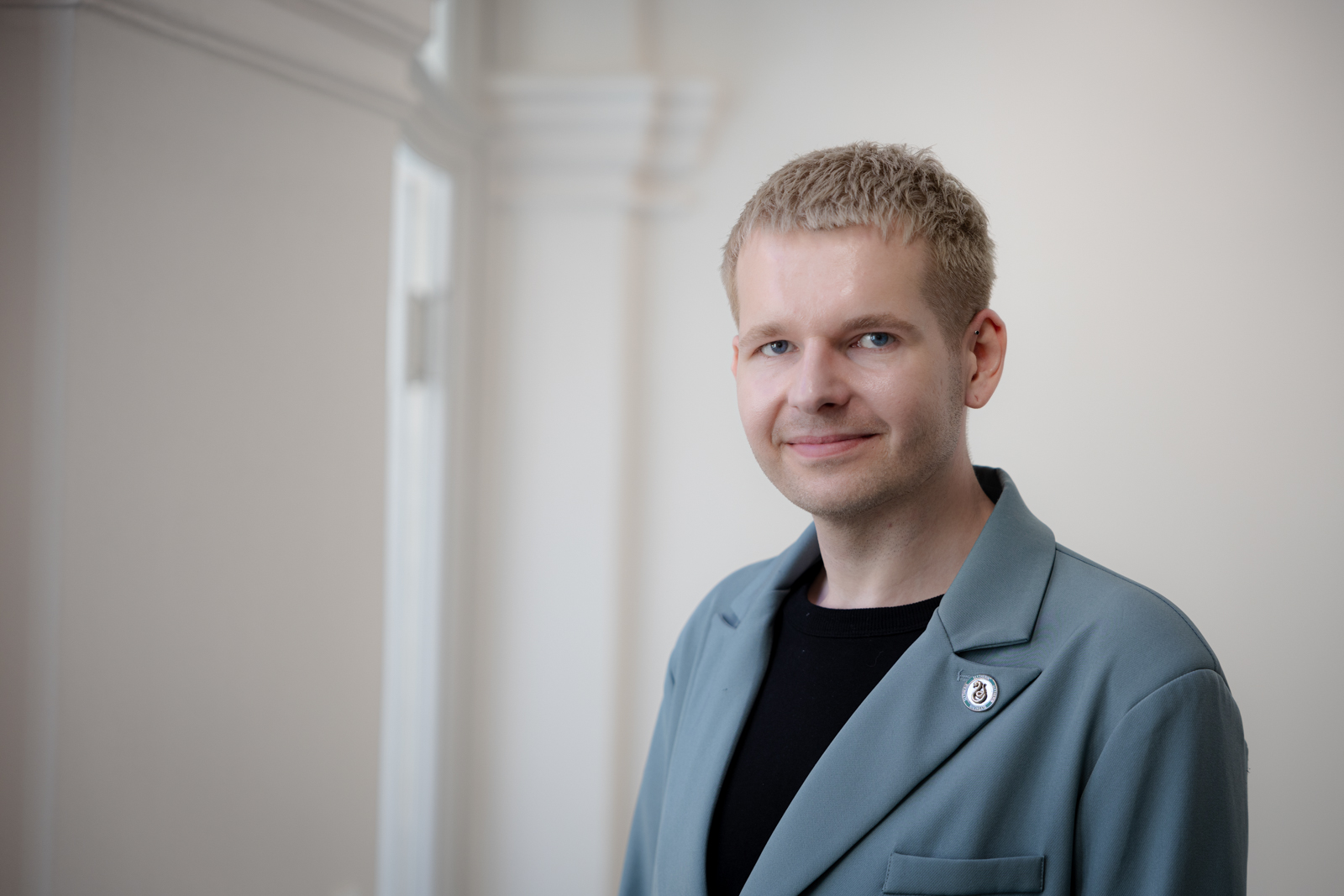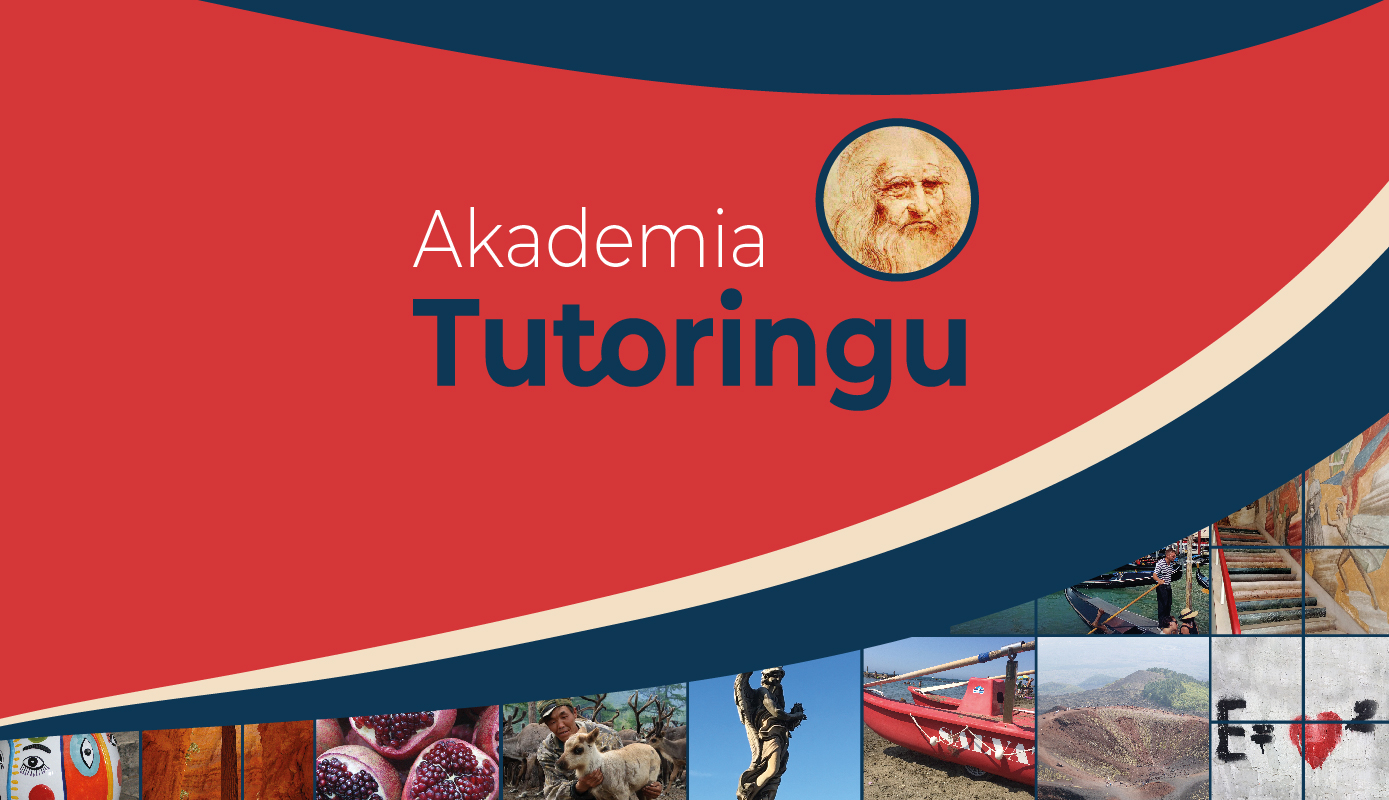UL: Popularisation of science
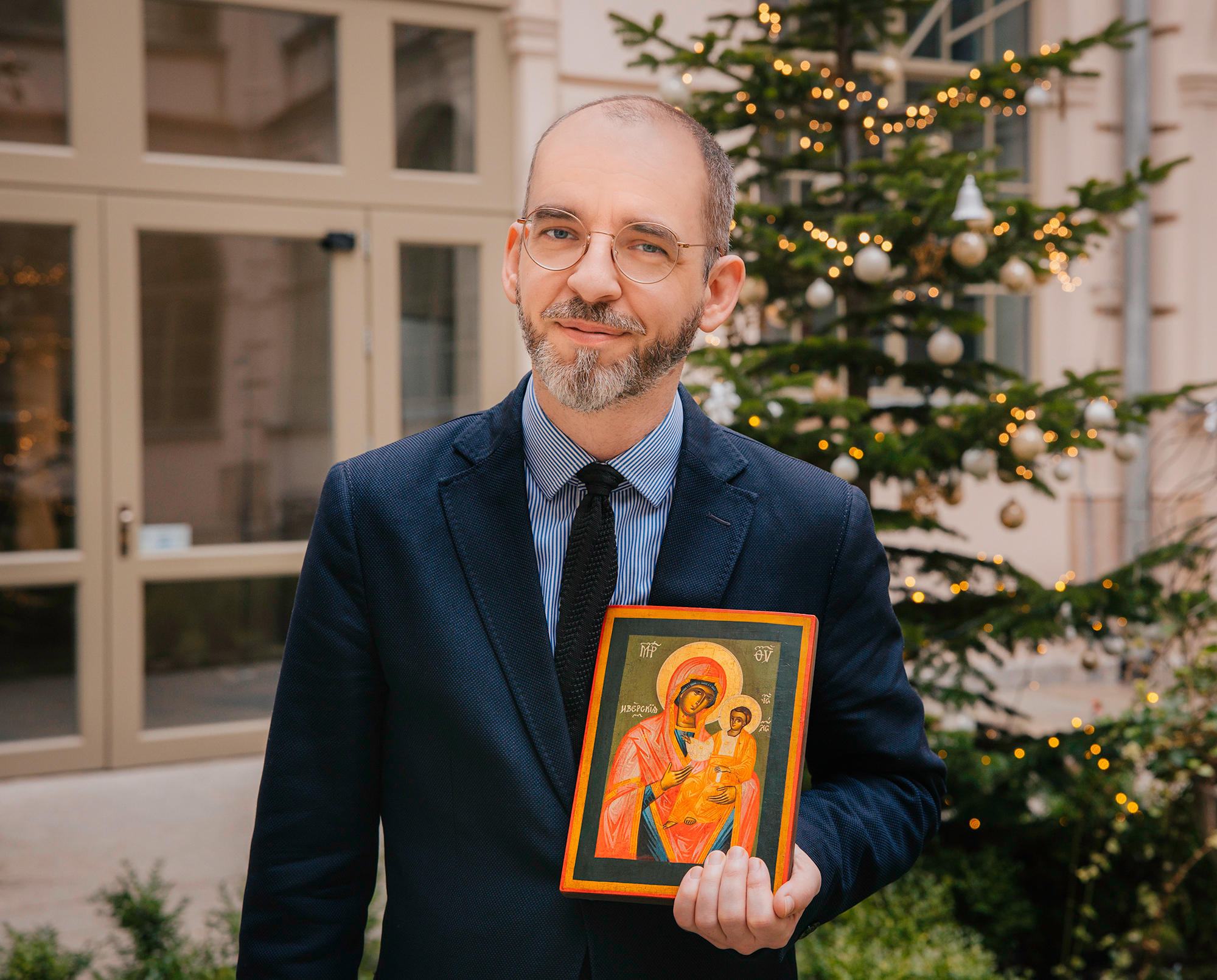
Does a person need a mystery? What is Christmas all about and how do we find its meaning in times of excess? On the occasion of Christmas, we speak with dr Paweł Wróblewski – philosopher of religion, researcher of early Christian culture, who directs the activities of the UWr Institute of Philosophy and Centre for Prognostic Research on Religious Changes.
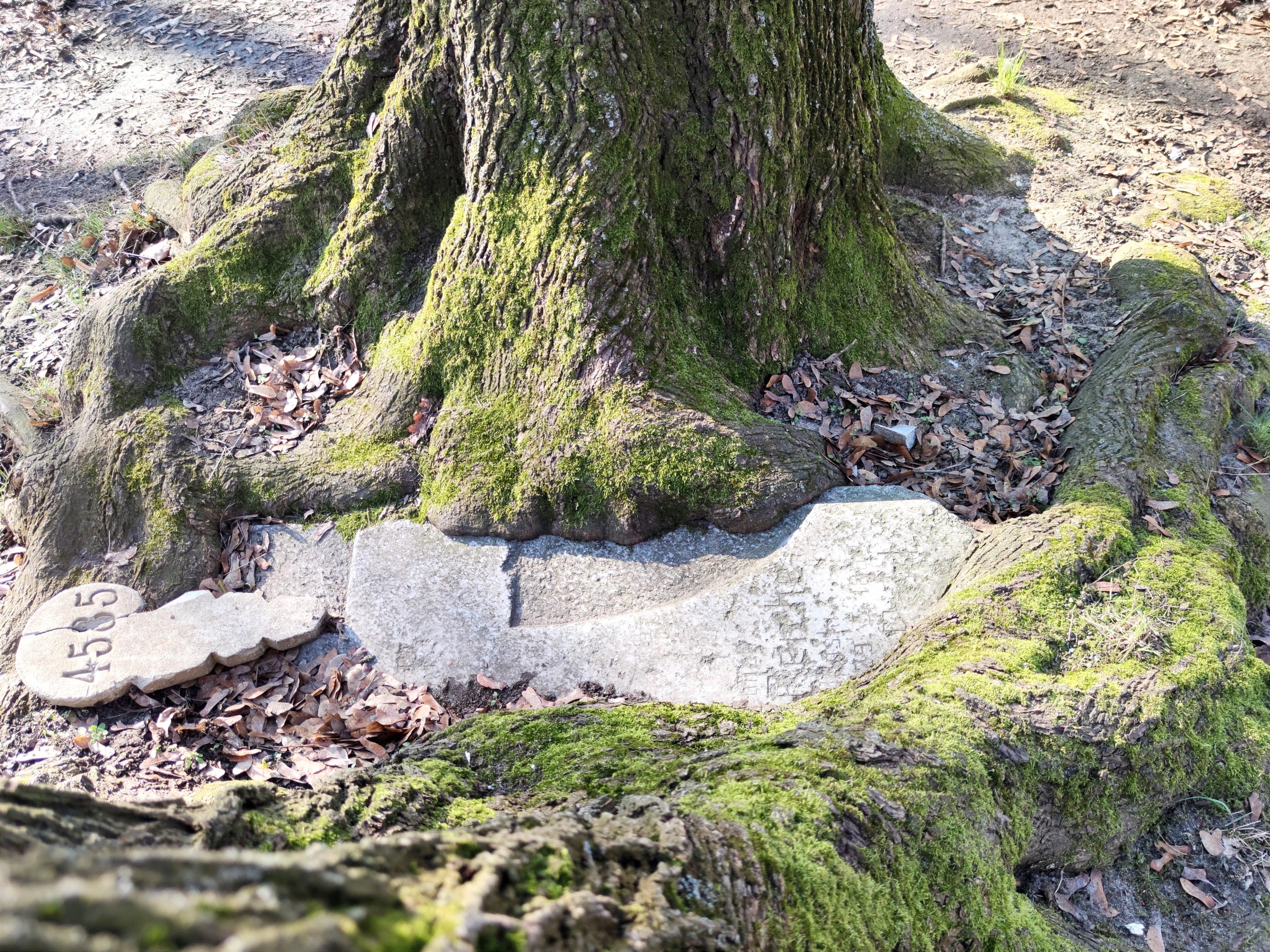
The Breslau botanist and teacher Theodor Schube (1860-1934) was not an office researcher. For 40 years he covered more than 120,000 kilometres by bicycle and on foot. Very successfully. In 1904 he published the monumental ‘Flora von Schlesien preussischen und österreichischen Anteils’ in the distinguished Korn publishing house, and two years later the ‘Book of Silesian Forests’. I walked and cycled (also by bicycle) in his footsteps to see with my own eyes the oldest, thickest and most valuable trees of the region, and above all to describe their significance in culture and collective memory. I call this dendrochronology .
More than 30 valuable archaeological sites, previously unknown cave paintings, fragments of pottery and stone tools have been identified by […]
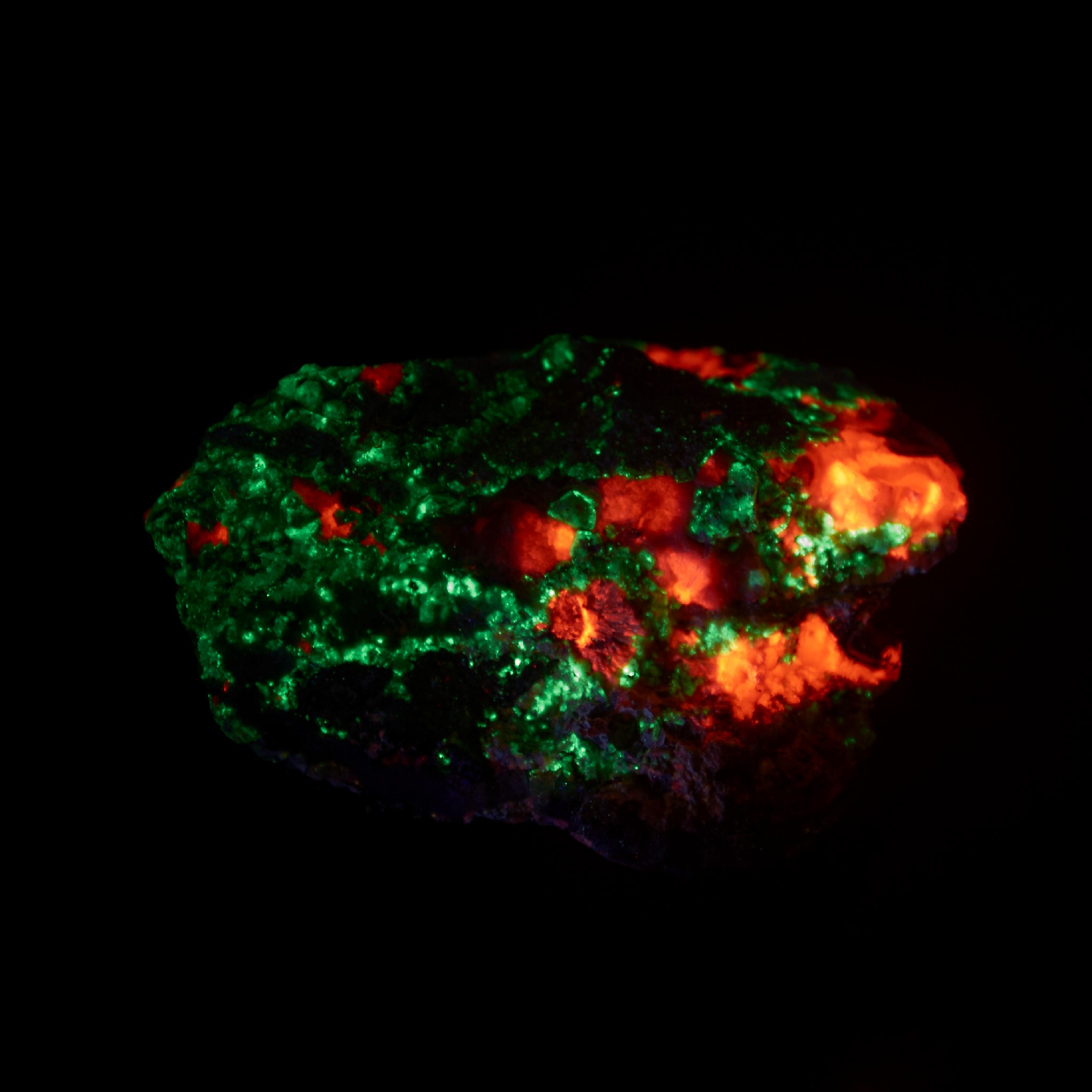
We cordially invite you to the 1st Wrocław Mineral and Jewellery Exchange ‘Pod Platanami’, which will take place on 14.09.2024 on the beautiful Zwierzycki Boulevard by the Pomeranian Bridge.
The event, in which the UWr Institute of Geological Sciences will participate, is held under the patronage of His Magnificence the Rector of the University of Wrocław, prof. dr hab. Robert Olkiewicz.
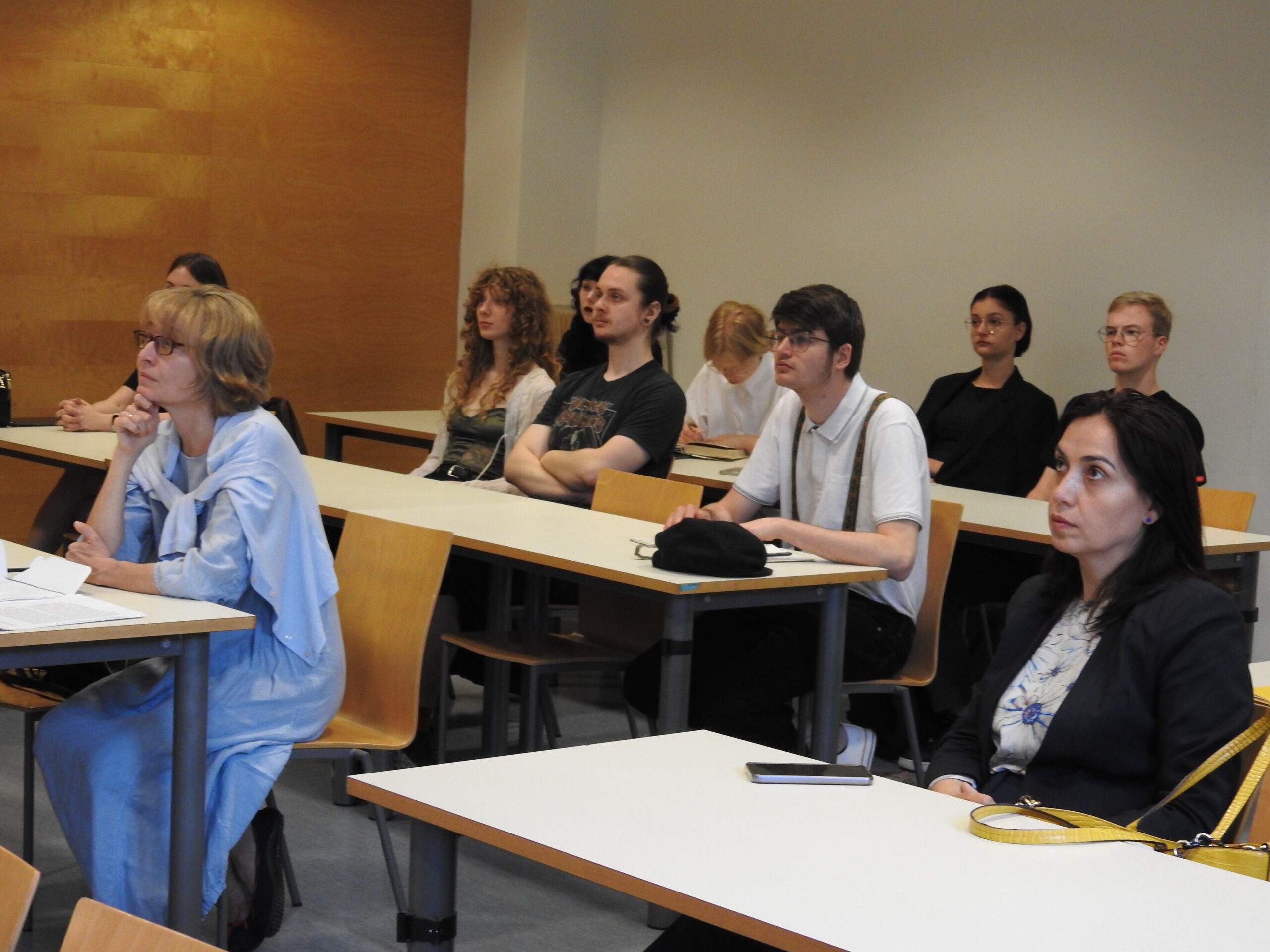
The fourth edition of the international conference of young researchers BEYOND LANGUAGE 2024 is already a thing of the past. This year, speakers from Israel, Romania, Ukraine, Dresden, Ireland, Wrocław, Poznań, Kraków, Olsztyn, Gdańsk and Warsaw met for four days in May at the Jagiellonian University (UJ), the University of Wrocław (UWr), Adam Mickiewicz University (UAM) and online to discuss, among other things: humor, Chinese novels, Georgian verbs, Dongba symbols, the language of poetry, the etymology of words, map grammar, mythical heroes, Homeric comparisons, syncretic cultural forms, interference of worlds and melic translation.
The spring edition of the Tutoring Academy course starts this Saturday, 11 May (there are still places available – you […]




